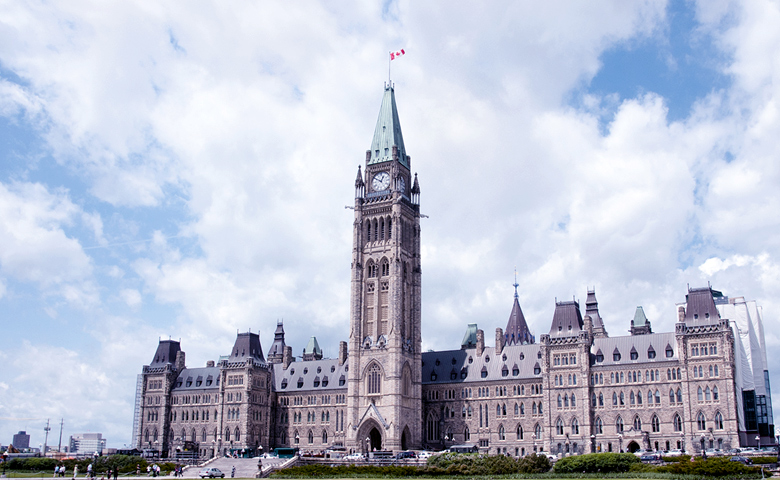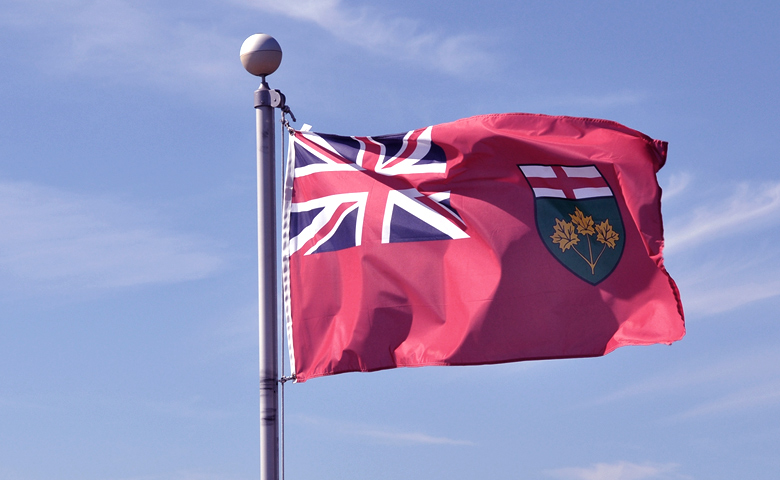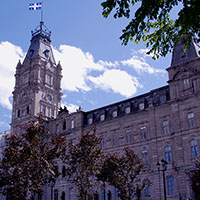While Europe offers interesting business opportunities, businesses should remember that they may have to pay VAT.
A growing number of Québec businesses are looking to diversify their markets by exporting products or providing services to Europe. The European Union (EU) is considered the world’s second largest economy, providing access to a vast market of over 500 million consumers.
The Comprehensive Economic and Trade Agreement (CETA), signed by 27 EU member states and Canada, exempts most exported products from tariffs. However, businesses still have to pay value added tax (VAT) and fulfil their tax return obligations.
VAT: Somewhat like GST and QST
VAT is applied and invoiced similarly to the Goods and Services Tax (GST) and the Québec Sales Tax (QST) collected by Québec businesses for most goods and services sold in Québec. It is also a consumption tax that is applied differently based on the type of goods and services bought and sold in the EU.
VAT weighs lightly on a business’s finances since, like GST and QST, the end consumer pays it. However, businesses must make sure to calculate the tax amount (in euros), enter it on invoices along with their VAT identification number and then pay it to the country’s tax authorities on time.
Rates: High and variable
Each EU country sets its own rates, based on three categories: standard rate, reduced rate and special rates. The standard rate cannot be lower than 15% and, in practice, hovers around the 20% rate in effect in France.
In Scandinavian and most Eastern European countries, the standard rate is even higher, ranging from 23% to 27%. In Germany, it is slightly lower, at 19%. Reduced rates or additional taxes may also be applied to the provision of specific goods and services (alcohol, energy, costume jewellery, etc.).
An expert’s preliminary analysis can help you determine the impact of EU taxes on your business.
Beware of nasty customs surprises
Québec and Canadian businesses should not overlook the importance of VAT: they risk having their products detained at customs or at the post office if the exporting business has not collected and paid VAT. Consumers may even get the unpleasant surprise of having to pay VAT when they receive their package. Such a situation could very easily break the trust—and even the commercial relationship—between a business and its customers.
What’s more, in France, VAT is the most evaded tax and involves the most common form of tax fraud. It is therefore subject to very strict controls by the French tax authorities. Other EU countries have also raised penalties.
Annual updates required
Some goods and services are exempt from VAT. However, domestic businesses should not assume that since they are not paying GST and QST, they will also be exempt from VAT in EU countries.
Therefore, when companies decide to do business in Europe, it is in their interest to understand the specific rules that apply to VAT. Furthermore, VAT laws are reviewed and amended every year.
As well, businesses selling goods or services liable for VAT in France may be required to appoint a tax representative to carry out their red tape and obligations. They should therefore expect to incur high annual costs.
Given the complexity and diversity of tax obligations, choosing a competent international tax expert could save you a lot of trouble and costly penalties.
This article was written in collaboration with Alexandre Lecomte, tax consultant at Raymond Chabot Grant Thornton.
27 Mar 2023 | Written by :
Frédéric Gagné is a tax expert at Raymond Chabot Grant Thornton. Contact him today!
See the profileYou could also like to read
Next article
Finance Minister Peter Bethlenfalvy tabled Ontario’s 2023-24 budget (ON Budget 2023) on March 23, 2023.
ON Budget 2023 projects a deficit of $2.2 billion for the 2022-23 fiscal year, compared to a $19.9 billion deficit projected in the previous budget. Ontario anticipates balancing the budget by 2024-25.
Next article
Finance Minister Ernie L. Steeves tabled New Brunswick’s 2023-24 budget (NB Budget 2023) on March 21, 2023.
NB Budget 2023 projects a surplus of $862.6 million for the 2022-23 fiscal year, compared to a $35.2 million surplus projected in the previous budget.
Next article
The purpose of this Legault government budget, introduced in inflationary times, where there is still economic uncertainty, is mainly to give taxpayers, especially the middle class, some room to breathe.
The government honoured its election promise and passed one of the largest tax cuts in history, totalling $9.2B over six years, that is, $1.7B per year. Such a reduction could be $814 per person as of 2023 and would benefit 4.6 million Quebeckers.
This tax cut will not impact services to the population because it will be funded by more moderate growth in payments to the Generations Fund. Despite the economic downturn this year and the risk of recession, the government remains on course for a balanced budget in 2027-2028, as had also been planned in the March 2022 budget. Confident in its success, the government even announced that it would lift the suspension of the Balanced Budget Act in order to modernize it.
The budget balance for 2023-2024 would be a deficit of $3,900B, after a $2.3B payment to the Generations Fund, without using the stabilization reserve. It should be noted that the $3,998B deficit forecast in the March 2022 budget for the 2023-2024 year was almost identical to the one forecast this year in the current budget.
The health and education sectors remain a priority…
With regard to the health sector, the budget plans close to $5.6B over five years to make the health network more efficient and human. As for education, a priority in this budget, $2.3B is allocated between now and 2027-2028 to unlock the potential of the younger generation, in particular, $1.5B to help youths succeed and $717M to promote access, retention and graduation.
…and various measures to bolster the province’s productivity, support the regions and stimulate labour are also on the agenda
To do this, the government will inject $888M over five years. Among the initiatives retained, there is the introduction of a new tax holiday for large investment projects. The current measure comes to an end on December 31, 2024. The new tax holiday for large investment projects of over $100M will help:
- Reach a greater number of activity sectors;
- Provide an enhanced incentive that could now represent up to 25% of eligible investments, depending on the location of the project in Québec.
This new tax holiday represents $373M of financial support for businesses over the next five year. It should contribute to the realization of close to 100 new projects in Québec by the end of 2029 and yield investments of more than $24B in the end.
As for accelerating the deployment of innovation zones, the government plans on investing $100M over five years to add new zones to existing ones in Sherbrooke and Bromont.
Other measures to contribute to the prosperity of the regions have also been announced, with investments totalling $1.4B, including new money to increase food autonomy ($175M) and to support the tourism offer ($75M). With regard to transportation, certain measures aim to better serve remote communities, and a budget amount of $722M has been allocated to support the revival of public transportation, diversify the transportation offering for people with reduced mobility, maintain essential regional air services and invest in safe and effective land transportation infrastructures.
On the labour front, the government has invested in the mastery of the French language to further promote the economic and cultural integration of immigrants. An amount of $510M over five years, $214M of which will be allocated to increase the support offered for learning French through the Québec Francization program.
Furthermore, the government has opted to renew the re-qualification and enhancement of skills component of the Programme de formations de courte durée (COUD), which represents an investment of $100M.
Where tax matters are concerned, and in an effort to encourage experienced workers aged 65 and over to remain in the labour market, the government is announcing changes to the QPP that will come into effect on January 1, 2024, namely:
- the option to discontinue contributions to the QPP for people aged 65 and over who are receiving a retirement pension;
- the introduction of pension protection for workers aged 65 and over earning less than their career average earnings.
In closing, of note is the government’s desire to strengthen tax compliance regarding cryptoassets. According to the tax authorities, since virtual currencies are not legal tender in Canada, they are considered to be commodities, not money.
Consequently, the budget specifies that “for income tax purposes, transactions made using virtual currencies are considered barter transactions. […] When a transaction is carried out with or in respect of a virtual currency and generates tax consequences, a taxpayer must generally report it to the tax authorities.”
Therefore, in order to allow Revenu Québec to have the tools needed to monitor developments in this sector and carry out adequate tax controls, a bill will be adopted and new provisions will apply as of the date on which the bill is assented to.
For more information on the tax measures announced in this budget, please download this document.






